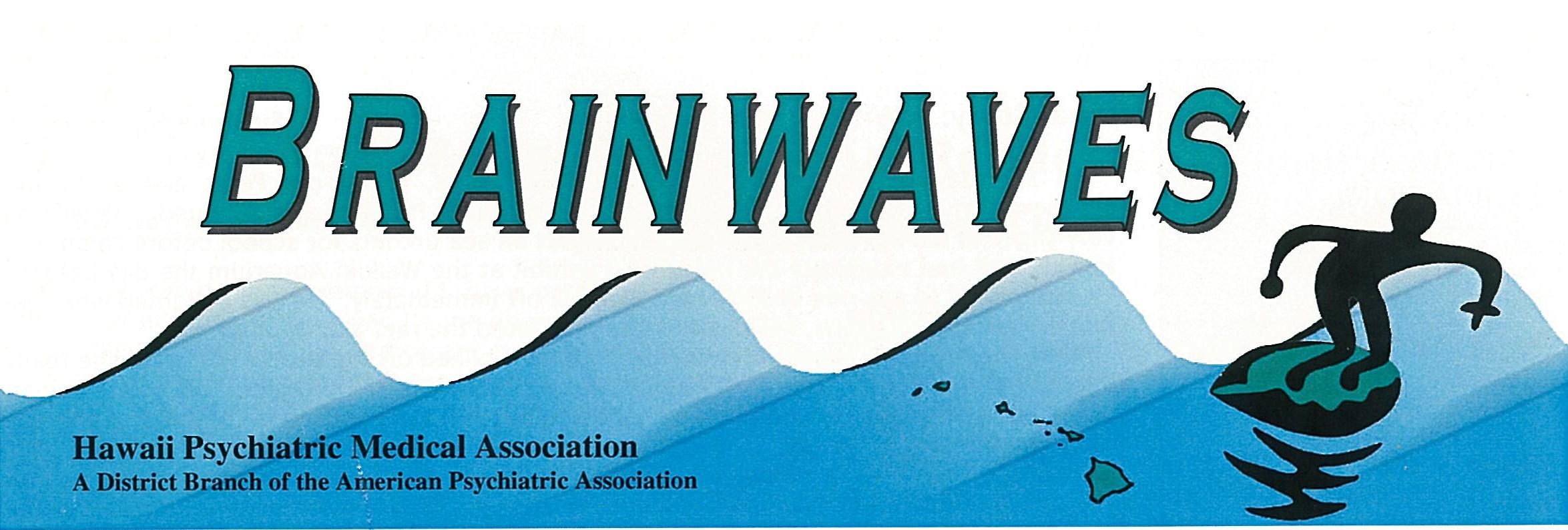Leadership
2023-2024 Executive Council
Gerald Busch, MD - President
Jennifer Lyman, MD - President Elect
Shelly Wong, MD - Secretary
Heather Miura, MD - Treasurer
Helen Blaisdell-Brennan, MD - Immediate Past-President (2020-2021)
Vacant - Member in Training Deputy Representative
Leslie Gise, MD - Membership Committee Chair
Helen Blaisdell-Brennan, MD - Membership Committee Chair
Allison Chang, MD - Resident Fellow Member
Executive Council - Legislative Chair
Christina Yoneshige, MD - Early Career Psychiatrist Rep
2022-2023 Executive Council
Helen Blaisdell-Brennan, MD - President
Gerald Busch, MD - President Elect
Gerald Busch, MD - Secretary
Julienne Aulwes, MD - Treasurer
Rika Suzuki, MD - Immediate Past-President (2020-2021)
Vacant - Member in Training Deputy Representative
Leslie Gise, MD - Membership Committee Chair
Jamie Stevens, MD - Membership Committee Chair
Celia Ona, MD - Ethics Committee Chair
Executive Council - Legislative Chair
Rika Suzuki, MD - Communications Public Affairs Chair
2020-2021 Executive Council
Rika Suzuki, MD - President
Vacant - Vice President
Julienne Aulwes, MD - Secretary
Julienne Aulwes, MD - Treasurer
Vacant - President-Elect
Denis Mee-Lee, MD - Immediate Past-President (2019-2020)
Iqbal "Ike" Ahmed, MD - Assembly Rep
Leslie Gise, MD - Assembly Rep
Sara Haack, MD - Early Career Psychiatrist Rep
Megan Araujo, MD - Member in Training Representative
Vacant - Member in Training Deputy Representative
Leslie Gise, MD - Membership Committee Chair
Celia Ona, MD - Ethics Committee Chair
Executive Council - Legislative Chair
Rika Suzuki, MD - Public Affairs Chair
Vacant - Women's Committee Co-Chair
Keiko Chen, MD - Women's Committee Co-Chair
Julienne Ong Aulwes, MD – Chair of the HPMA Task Force on Access to Care
2019-2020 Executive Council
Denis Mee-Lee, MD - President
Vacant - Vice President
Michele Wang, MD - Secretary
Julienne Aulwes, MD - Treasurer
Rika Suzuki, MD - President-Elect
Celia Ona, MD - Immediate Past-President (2018-2019)
Iqbal "Ike" Ahmed, MD - Assembly Rep
Leslie Gise, MD - Assembly Rep
Sara Haack, MD - Early Career Psychiatrist Rep
Jing Foongsathaporn, MD - Member in Training Representative
Jing Foongsathaporn, MD - Member in Training Deputy Representative
Leslie Gise, MD - Membership Committee Chair
Celia Ona, MD - Ethics Committee Chair
Executive Council - Legislative Chair
Rika Suzuki, MD - Public Affairs Chair
Asif Majid, MD - Public Affairs Chair
Michele Wang, MD - Women's Committee Co-Chair
Keiko Chen, MD - Women's Committee Co-Chair
Julienne Ong Aulwes, MD – Chair of the HPMA Task Force on Access to Care
2018-19 Executive Council
Celia Ona, MD - President
Vacant - Vice President
Michele Wang, MD - Secretary
Julienne Aulwes, MD - Treasurer
Denis Mee-Lee, MD - President-Elect
Michael Champion, MD - Immediate Past-President (2016-2018)
Iqbal "Ike" Ahmed, MD - Assembly Rep
Leslie Gise, MD - Assembly Rep
Sara Haack, MD - Early Career Psychiatrist Rep
Evan Taniguchi, MD - Member in Training Representative
Chayaninin Foongsathaporn, MD - Member in Training Deputy Representative
Vlad Karpa, MD - Membership Committee Co-Chair
Leslie Gise, MD - Membership Committee Co-Chair
Gregory A. Prier, DO - Ethics Committee Chair
Jeffrey Akaka, MD - Legislative Chair
Rika Suzuki, MD - Public Affairs Chair
Asif Majid, MD - Public Affairs Chair
Michele Wang, MD - Women's Committee Co-Chair
Keiko Chen, MD - Women's Committee Co-Chair
Julienne Ong Aulwes, MD – Chair of the HPMA Task Force on Access to Care
|


